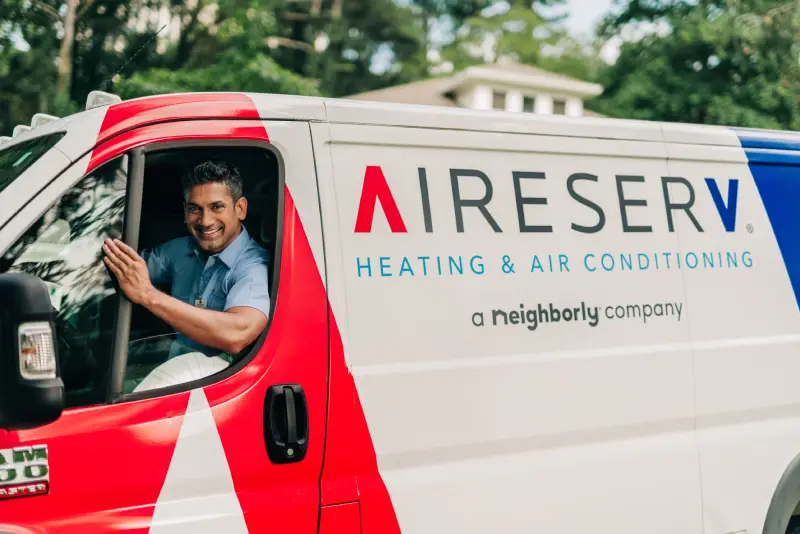Technical Talk: Don’t Overload Your HVAC System

The heart of your HVAC system, your compressor is integral to the heating and cooling of your home. Pumping coolant through the system, it emits heat as a normal part of operation. If it gets too hot, however, your system will shut down.
What is Compressor Overload?
AC compressor thermal overload is a common cause of malfunction, and typically happens on the hottest (or coldest) days of the year, when your system is working overtime. Responsible for 49 percent of component failures, it is a serious problem – and also one of the most expensive if it progresses to compressor failure. Depending on the age of your system, it could result in the need for complete system replacement.
What Causes Compressor Burn Out?
The primary causes of compressor burnout are homeowner neglect, and shoddy installation and maintenance, including…
- A dirty air filter.
- Dirty condenser coils.
- Overcharged or undercharged refrigeration system.
- Refrigerant leaks.
- Moisture in the refrigeration system (acid burnout).
- Additional heat sources located near the condenser (dryer vent, hot water pipes).
- Lack of airflow from poor system location (surrounded by weeds, bushes, covered by deck).
- Lack of airflow from debris (grass clippings, trash stuck to external system components).
- Other component failures (fan motor, capacitor, reversing valve, refrigerant lines, thermal expansion valve, etc.).
- Loose connections and corroded wires, or insufficient electrical supply into home, causing low voltage/high amperage problems.
How Can You Prevent Compressor Overloads from Causing Damage?
- Don’t Neglect Homeowner Maintenance.
Change your air filter every three months, at a minimum. Clear debris from around your external system, maintaining 18-36 inches of clearance around all sides, and three to four feet above. - Enlist a Trusted HVAC Professional.
Extending the life of your compressor requires proper installation from a knowledgeable pro, as well as routine seasonal professional maintenance including verification of proper refrigerant levels, lubrication and connections, coil cleaning, and confirmation of operation according to manufacturer’s specs for system longevity. - Consider Additional Protection.
Adding a compressor overload protector can safeguard your HVAC system. Located nearby the condenser, this special sensor monitors temperatures, shutting down the compressor temporarily to prevent it from overheating. By turning off your system to allow the compressor to cool, this can prevent AC compressor thermal overload and alert you to problems before they become costly.
If your compressor has overheated, it is essential to uncover why, as merely replacing components could lead to a repeat of the situation. If your system has experienced an increased frequency of overheating, seek help now, before it’s too late. Contact Aire Serv® for a system check today.
 Click to call
Click to call


